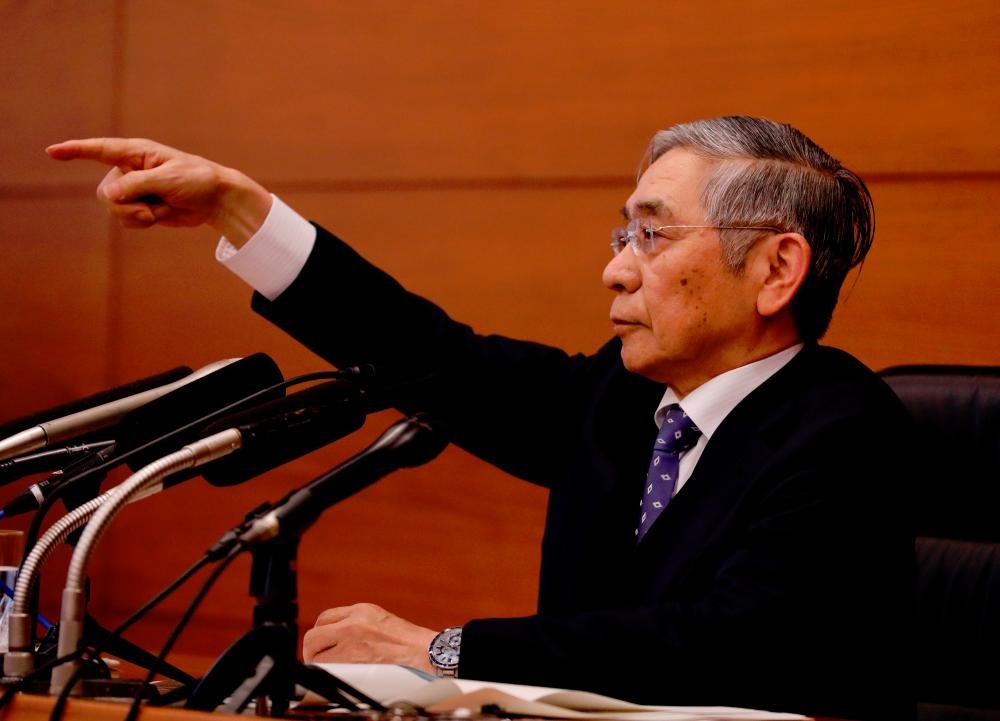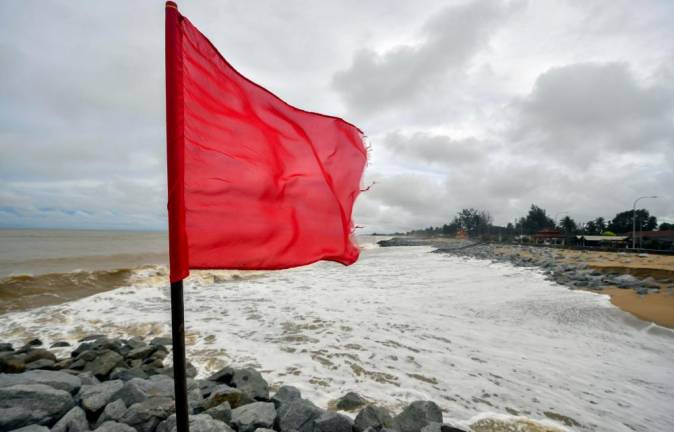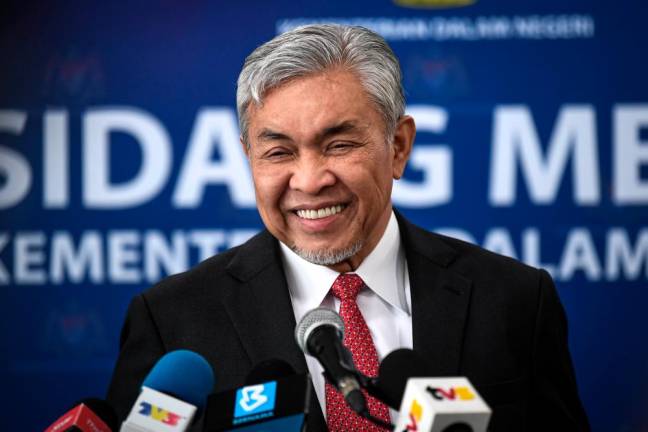TOKYO: The Bank of Japan (BOJ) nudged up its economic growth forecasts today and was cautiously optimistic about the global outlook, though it said ongoing risks meant it was far to soon to consider scaling down its massive stimulus programme.
The central bank signalled an expected domestic boost from a government fiscal spending package and governor Haruhiko Kuroda, citing the US-China Phase 1 trade deal, said overseas risks have subsided somewhat.
But at a time when other major central banks are reassessing their accommodative monetary stance, he reiterated the Japanese bank's resolve to maintain its ultra-easy policy in light of soft inflation and lingering uncertainty abroad.
"Various overseas risks remain, so the current easy policy bias will be sustained for some time," he told a briefing.
At a two-day rate review that ended today, the BOJ kept its short-term interest rate target at -0.1% and a pledge to guide 10-year government bond yields around 0%.
It maintained guidance that commits to keeping rates at current low levels, or even to cut them, until risks keeping it from achieving its 2% inflation goal subside.
In a quarterly review, the BOJ also revised up its growth projection for the fiscal year beginning April 2020 to 0.9% from 0.7%, helped by the government's fiscal package, and hiked its estimate for 2021.
Kuroda said it would take a clearer tick-up in growth for the BOJ to consider tweaking the guidance on rates, but did not rule out the possibility of debating such a move in the future.
"If risks subside significantly and growth jumps up more than we project now, a review could be debated," he said.
The BOJ could consider watering down later this year the commitment to keep rates ultra-low if pessimism over the global outlook continues to recede, sources told Reuters.
The BOJ targets rates in guiding policy under a framework dubbed yield curve control. It also continues to buy huge amounts of government bonds and risky assets in an effort to fire up inflation to its elusive target.
"Given that the yen has stabilised and other major central banks are pausing on policy, there's no reason for the BOJ to take action for the time being," said Toru Suehiro, senior market economist at Mizuho Securities.
Kuroda said Japan's US$122 billion fiscal package and receding overseas risks, such as a temporary truce in the US-China trade war, would underpin growth.
He was also upbeat on the outlook for capital expenditure and private consumption, saying the hit to households from last October's sales tax hike would be temporary.
"Japan's economy is likely to continue expanding moderately as a trend," he said. "There is no change to the price trend."
The world's third-biggest economy ground to a near halt in July-September and is likely to have contracted in the final quarter of last year as global trade tensions knocked exports.
BOJ officials are counting on a rebound in global growth that would underpin the export-reliant economy.
The International Monetary Fund on Monday trimmed its 2020 global growth forecasts on sharper-than-expected slowdowns in emerging markets, but said the US-China deal was another sign that manufacturing activity may soon bottom out. – Reuters














